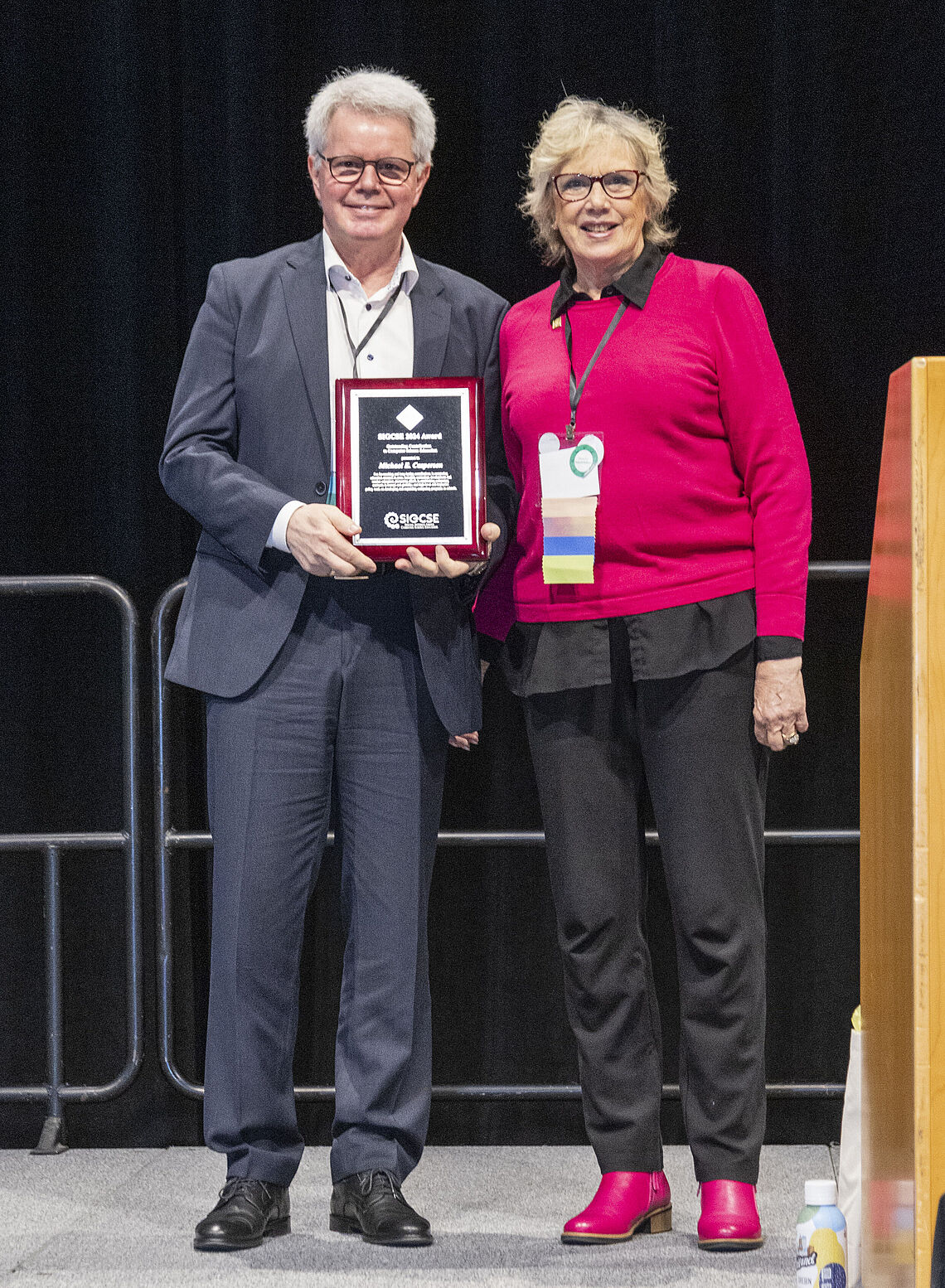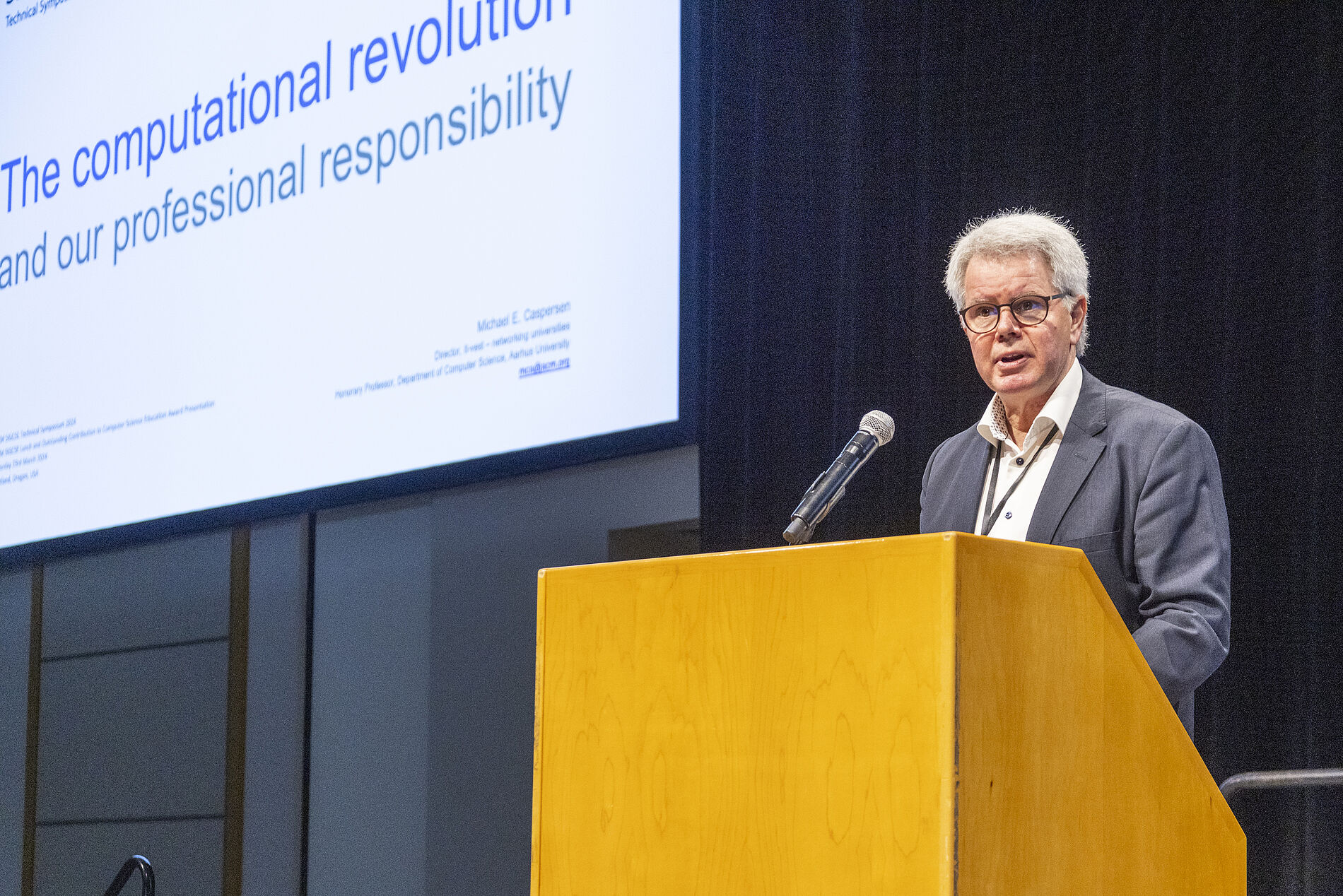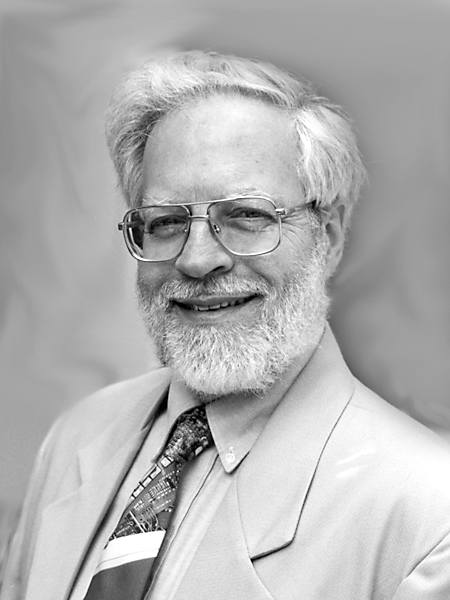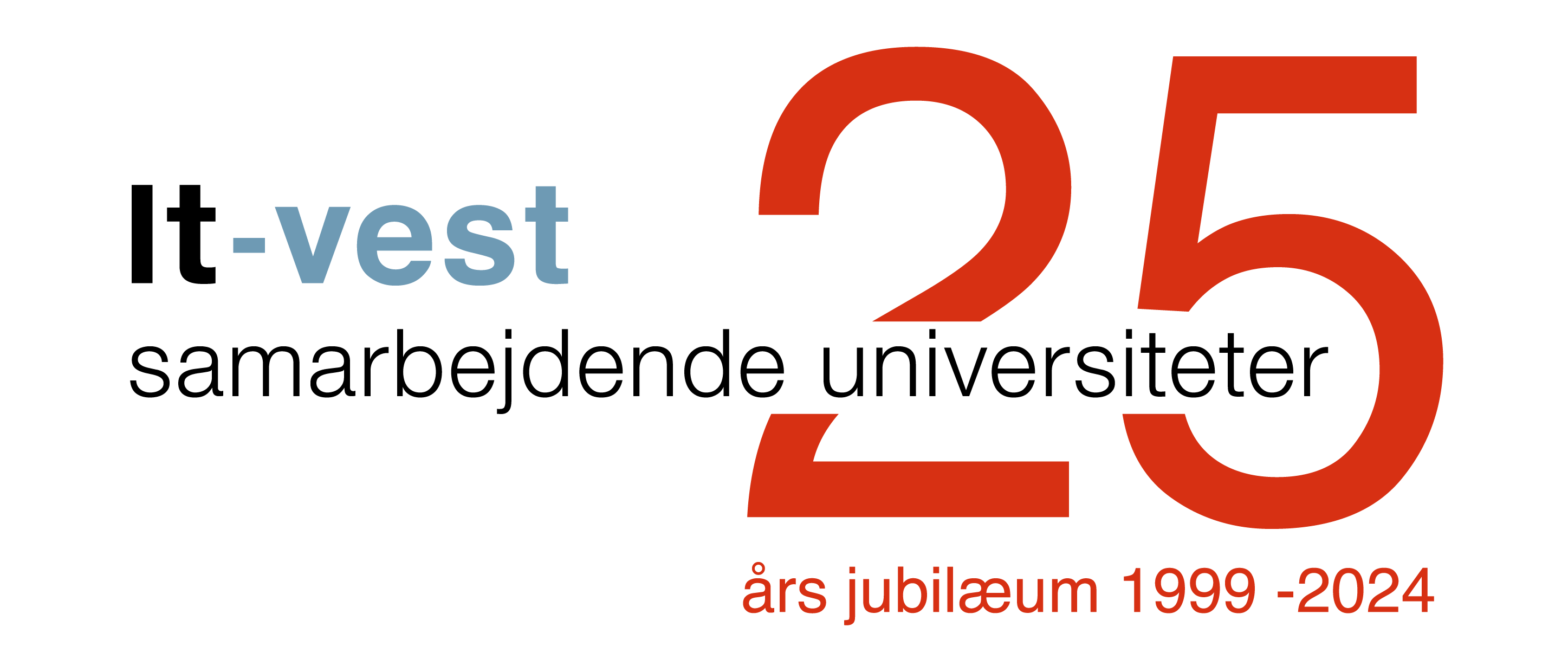
Michael E. Caspersen, direktør for It-vest og adjungeret professor ved Institut for Datalogi på Aarhus Universitet, har ved årets SIGCSE Technical Symposium modtaget 2024 ACM SIGCSE Award for Outstanding Contribution to Computer Science Education.
Michael E Caspersen modtager prisen for gennem hele sin professionelle karriere at have arbejdet for at udvikle programmeringsundervisning og for sin store indflydelse på udvikling af curriculum for informatik på alle niveauer i uddannelsessystemet – både nationalt og internationalt.
ACM er en verdensomspændende organisation for uddannelse og forskning inden for datalogi med 110.000 medlemmer fra 190 lande. SIGCSE – Special Interest Group in Computer Science Education – er ACM's forum for forskere, undervisere og andre, der interesserer sig for at forstå og udvikle datalogiundervisning på alle niveauer i uddannelsessystemet. SIGCSE har godt 2500 medlemmer fra 66 lande verden over.
Nationalt og internationalt aftryk
I programmet for SIGCSE Technical Symposium, der blev afholdt i Portland, Oregon, USA, skriver SIGCSE om valget af Michael E. Caspersen som årets prismodtager:
"For far-reaching and long-lasting contributions in computing education research in areas including curriculum development and teacher education; pioneering efforts in establishing computing curricula in Europe and globally; and high-level and impactful policy work on developing and expanding computing programs in schools."
I præsentationen af Michael E. Caspersen fremhæver SIGCSE disse punkter fra et langt CV:
"Michael E. Caspersen is Managing Director at It-vest – a network collaboration among the three universities in Western Denmark within IT education and research.
He is Honorary Professor at the Department of Computer Science at Aarhus University where he founded Center for Computational Thinking.
Michael has been teaching for 40 years and has spent his academic life furthering computing education at all levels (primary, secondary, tertiary and continuing education).
He holds a PhD in computer science from Aarhus University and has published about 70 papers on computing education. He is co-author of a two-volume textbook on programming and co-editor of “Reflections on the Teaching of Programming” published by Springer-Verlag, 2008.
He has chaired ten international conferences on computing education (including ITiCSE, ICER and the Technical Symposium), served on more than 40 program committees and served on the editorial board of the international research journal Computer Science Education.
Michael is a founding member of the ITiCSE Steering Committee established jointly by ACM SIGCSE, ACM Europe and Informatics Europe, and he is member of ACM SIGCSE’s newly established Doctoral Consortium Steering Committee.
He is co-founder and chair of the steering committee for the Informatics for All coalition established jointly by ACM Europe, Informatics Europe, CEPIS (Council of European Professional Informatics Societies) and IFIP.
Michael is a Fellow of the Danish Academy of Technical Sciences, Distinguished Member of ACM and recipient of the 2022 ACM Karl V. Karlstrom Outstanding Educator Award.
In 2022-2023, he served as special adviser on digital education to Margrethe Vestager, Executive Vice-President of the European Commission."

I forbindelse med prismodtagelsen holdt Michael E. Caspersen en takketale i form af en keynote med titlen "The computational revolution and our professional responsibility".
Se en videooptagelse af talen.
Statement from David Gries
"Michael Caspersen's contributions to computer science education could have won him the ACM SIGCSE Award for Outstanding Contribution to Computer Science Education twice, for he has done so much for computer science education. First, he led the way in developing teaching methods based on concepts such as cognitive load theory, cognitive apprenticeship, and educational psychology, with carefully developed studies to verify outcomes. Many older people, including myself, just thought about how to teach and did what we thought would work best, with little research. His own excellent teaching of introductory courses, including object-oriented programming, illustrates the success of this research.
Second, Michael has been a major force for developing computer science and informatics education in Europe, not just at the college level but at all levels. Just two examples: He co-founded and is chair of the steering committee for the Informatics for All Coalition, and he co-chaired the Committee on European Computing Education established jointly by ACM Europe and Informatics Europe. His wisdom is so respected that he served for a year as the Special Advisor on Digital Education and Skills to the Executive Vice President of the European Union, Margrethe Vestager.
This ACM SIGCSE Award has been awarded since 1981. It includes an impressive list of computer scientists, including several Turing Award winners. Michael is one of the few who is not at an American University, and this award is due to the high impact his work has had not just in Europe but also in America. In fact, Michael's contributions to the ACM have been many, including serving on the ACM Education Council, on the ACM Karl V. Karlstrom Outstanding Educator Committee, and on program committees and panels too numerous to mention. He is an ACM Europe Councillor.
I met Michael in the mid-1990s. I was immediately taken by his quiet, thoughtful, friendly demeanor. We got along so well and have been good friends and colleagues ever since. I was fortunate enough to provide advice as he wrote his PhD thesis, for I learned so much in the process. He has visited me at Cornell many times, and we have met at conferences as often as possible. I, the senior person, thought I knew a lot, but many times, he corrected me in his quiet, humble way. He's one of my few favorites."

David Gries
Professor Emeritus at the Department of Computer Science, Cornell Bowers College of CIS, Cornell University, New York, USA. He served as department chair and associate dean of engineering.
Statement from Mark Guzdial
"Michael Caspersen is a world leader in computing education research and pedagogy. His research work is highly influential across the international computing education community. His work within Denmark is a role model for countries exploring how to teach computer science in schools.
I knew Michael's work before I knew Michael. I had cited regularly his work on establishing international baseline success and failure rates in introductory computer science classes (“Failure rates in introductory programming,” one of his most cited papers in the ACM Digital Library), on the role of abstraction in computing education, on student misconceptions in computer science, and on his innovative introductory programming curriculum, STREAM. He was one of the first computing education researchers to explore the role of cognitive load in learning programming, which has strongly influenced my work and that of others.
One of my favorite papers by Michael is “Mental models and programming aptitude” in which he and his colleagues attempted to replicate a controversial result from another paper (“The camel has two humps”). Too little work in computer science and computer science education attempts to replicate others’ work, which is a cornerstone of the scientific process. Michael and his colleagues were unable to replicate the previous result, and they proposed a research process to explain the differences in results. This paper exemplifies Michael’s dedication to doing good science and furthering the progress of the research community.
Many countries have recently established or are in the process of establishing nationwide computing curricula. The effort in Denmark is notable for having a set of articulated principles for what belongs in the curriculum, valuing issues of social impact alongside learning about programming. Michael’s papers describing these principles and the curriculum are a model for computer science curricula around the world.
His work in education policy is a significant contribution to education, and even to the research community. Michael leverages his background in computing education research in policy realms. This makes the resultant policy better and raises the visibility of all computing education researchers by showing its practical implications.
I am so pleased that my friend, Michael Caspersen, has received the ACM SIGCSE Outstanding Contributions to Education award for 2024. It is the most prestigious award in our community, recognizing a lifetime of achievement in the community. Michael is a deserving recipient of this honor.

Mark Guzdial
Professor at University of Michigan, Georgia, USA, in Computer Science & Engineering and in Engineering Education Research at College of Engineering
